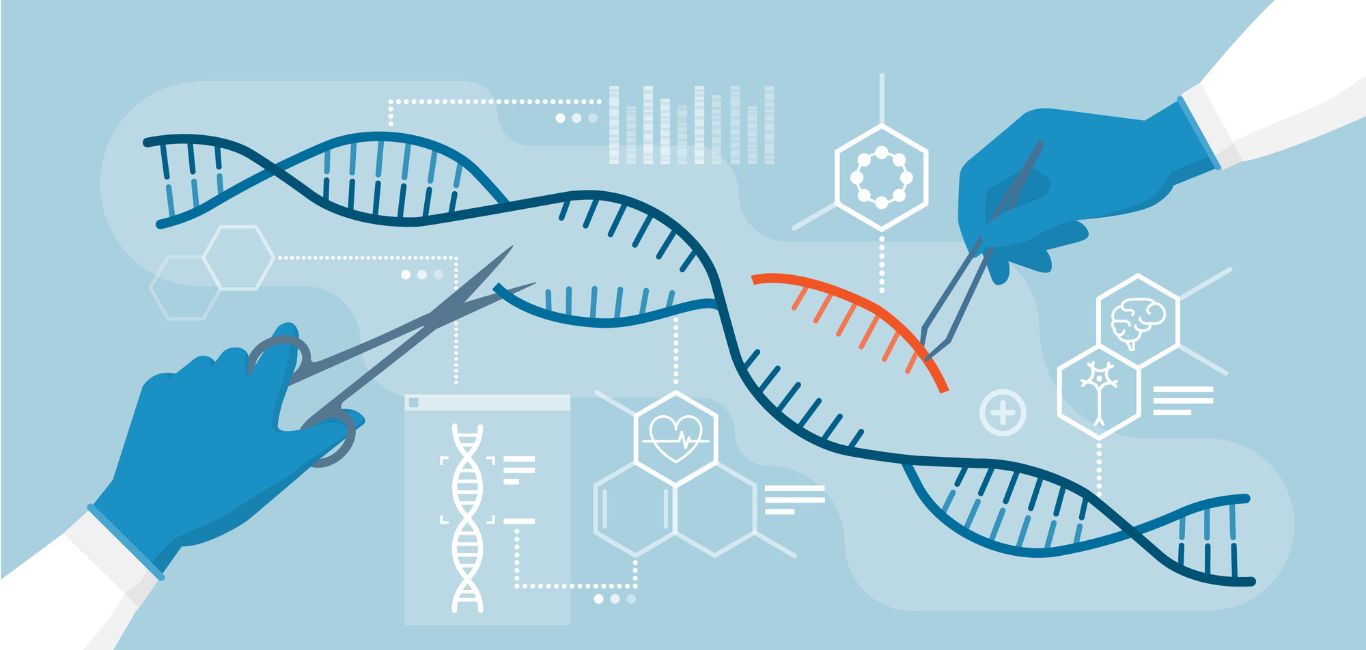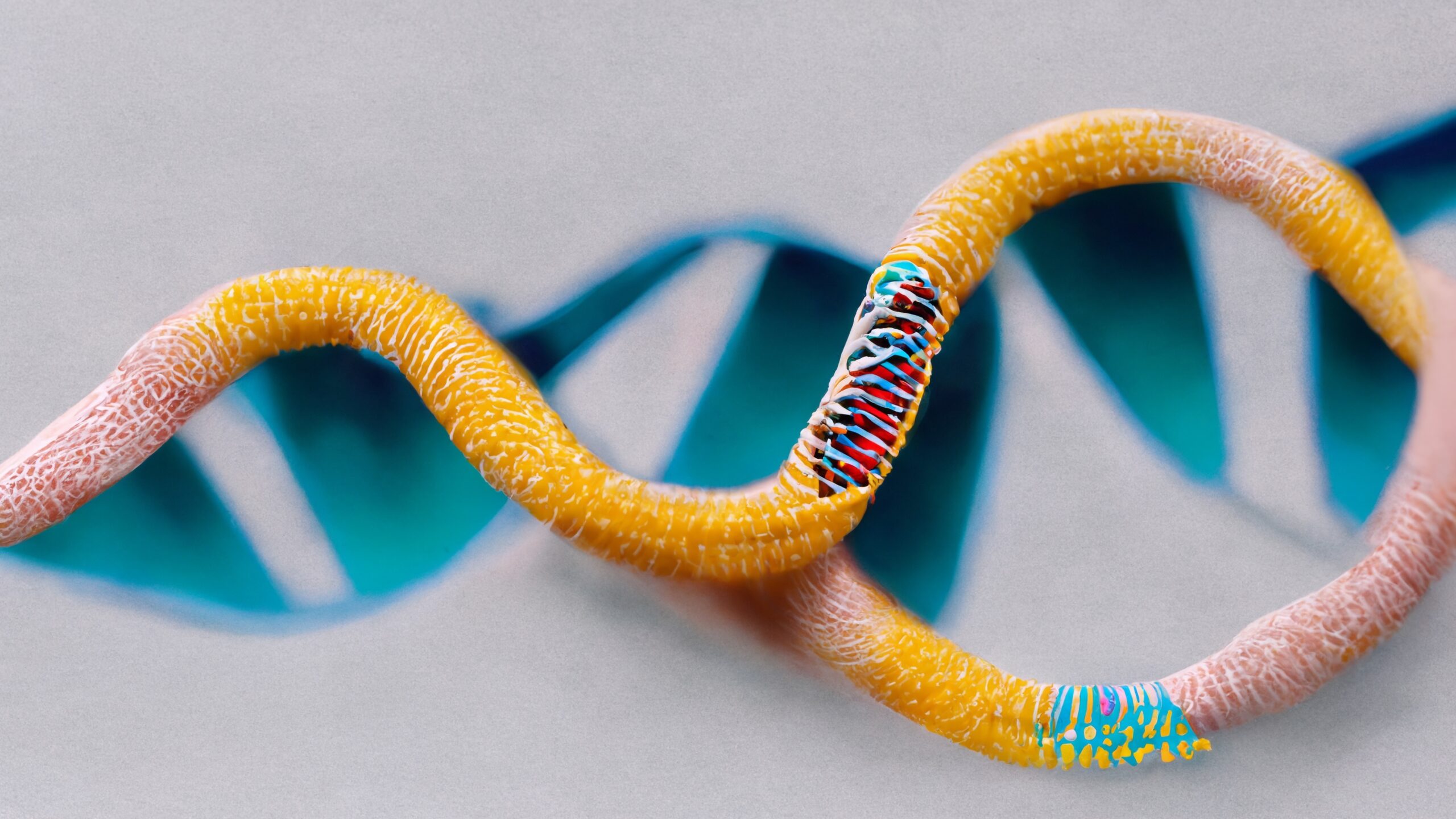
Scientists in China have developed a new technique to detect cancer biomarkers through a blood test using gene editing tool CRISPR. This method could replace the need for uncomfortable and invasive diagnostic procedures such as biopsies and mammograms.
To do this, researchers from the School of Basic Medical Sciences at Zhengzhou University in China targeted exosomes—sac-like structures that pinch off from a cell and carry proteins, lipids and micro-RNA or miRNA to the rest of the body—to offer a window into the health of the cells they originate from.
These exosomes play an important role in cell communications within the body and could serve as potential markers for any kind of alterations in the human body’s functioning. Cancer cells produce unique exosomes, so the researchers set out to develop a blood test to detect exosomal miRNAs associated with cancer.
“Exosomes with diameters of 40−150 nanometres are released by a large variety of cells into biofluids,†Hua Gao, a corresponding author of the study, told Happiest Health. However, researchers faced a challenge in quantifying miRNA due to their low levels and potential for contamination in diagnostic procedures, which current techniques have struggled to address.
Also read
CRISPR: cutting Huntington gene to size
‘We are experiencing a renaissance in cell biology’: Siddhartha Mukherjee
Breakthrough vaccine destroys brain tumours, prevents recurrence
The researchers then designed a system using gene editing tool CRISPR-Cas13a to detect the small amounts of cancer-related exosomal miRNAs in a more sensitive, reliable, and effective manner. The system was designed to cut apart a molecule that produces fluorescence, and then pack it into a liposome.
The CRISPR cargo interacts with the exosomal genetic material, and triggers a fluorescent signal if the target miRNA sequence is present, indicating the presence of cancer cells.
To test their model, the researchers targeted miRNA-21, which is involved in the development of certain diseases such as breast cancer. Their procedure successfully detected this miRNA with high sensitivity when tested on cells derived from healthy individuals versus people with breast cancer, they reported.
The researchers said that their method has the potential to make cancer diagnosis and monitoring easier. It would also help make treatment of the disease more accessible.

















